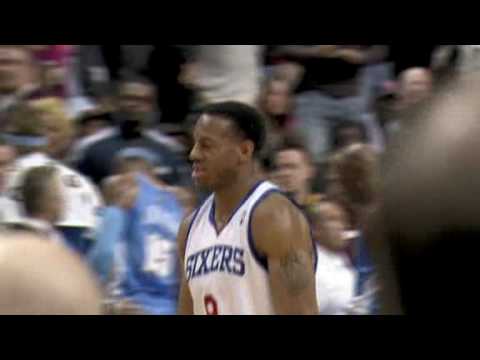Before current free agent Francisco Rodriguez got his groove back in 2014, the closer had very little chance at a Hall of Fame career. Back in 2011, the baseball world, writers included, basically turned on him after he fought to activate a games finished clause that promised to pay him $17.5 Million for 2012. The Brewers brass negotiated a new deal and K-Rod was back to relatively good standing–with fans and writers at least. Front offices though, for whatever reason, still considered him a bad closer better suited as a set-up man. This fate he suffered in 2012 and 2013; purgatory prescribed by the baseball gods, it seemed, for his selfish antics while with the Mets.
He was pardoned 2014. The Brewers signed him to close and all K-Rod did was lead the league in saves and games finished. Most of the baseball world was surprised by his great 2014 campaign, but should we have been?
K-Rod has always been good. Tumultuous and wild, sure, but always good. Consider that he has a career 2.73 ERA and has posted an ERA north of 3.71 just once. His 10.8 K’s per 9 is the second best rate among pitchers with as many innings pitched and he’s already 10th all-time on the saves list. Consider that he’s got 5 All-Star game appearances and has finished in the top-4 in the Cy Young voting three times. And he’s just 33.
Of course, he’s still 300 saves south of Rivera. But let’s say K-Rod averages 35 saves over the next three years (admittedly ambitious, but somehow I trust Scott Boras to find a good home for his client this offseason); suddenly he’s sitting at 453 saves and is just 25 away from third place all-time. But Francisco’s case will not be made by his career saves total. By the time he reaches HoF candidacy, too many voters will come to the good side and see the fallacies of the save.
But Rodriguez will merit Hall of Fame consideration because of his rate stats. His 2.73 career ERA is better than Trevor Hoffman, Lee Smith, John Franco, Dennis Eckersly, and Rollie Fingers, and he’s struck out over 2.5 more batters per 9 than Mariano Rivera.
Hall of Fame voting has no real precedent on which to evaluate relief pitchers. Is there a magic number for saves that guarantees you entry into the Hall? Do we pit relievers against each other and simply pick the best? Or do we judge them on the same landscape as starters, the way we do with the Cy Young voting?
It seems a foregone conclusion that Mariano will be a first ballot inductee, but is that because of his saves totals, ERA, postseason dominance, or his aura in Yankee lore? Jim Alexander has been skewered by the baseball world for his stance that East Coast bias could have factored into the perception of Troy Percival as second-tier. Could the same argument be made for K-Rod? He’s bounced around to different teams and when his name surfaces on the Hall of Fame ballot, there likely will not be a fanbase that feels strongly about his candidacy.
But that still shrouds the fact that we don’t yet know what makes a HOF closer. Ultimately, that definition will come down to more than raw saves totals–the stat is far too flawed for advanced baseball minds to accept. It will come down to more than ERA or longevity, too. It seems, then, that the definition for a HOF reliever will be just as murky as any other position.
This could look like a terribly misguided post a few years from now, especially if K-Rod accepts a job for the next three years as a middle reliever tomorrow. But three more years of 2014 production from K-Rod and we have to begin discussing his HOF canidacy more seriously than we are now. It seems obvious to me that if Troy Percival is defensible as a Hall of Fame vote, K-Rod already is as well.
-Sean Morash
Stat of the Day: K-Rod pitched as many innings in the 2002 ALDS as he did in the 2002 Regular Season.
Add The Sports Daily to your Google News Feed!







